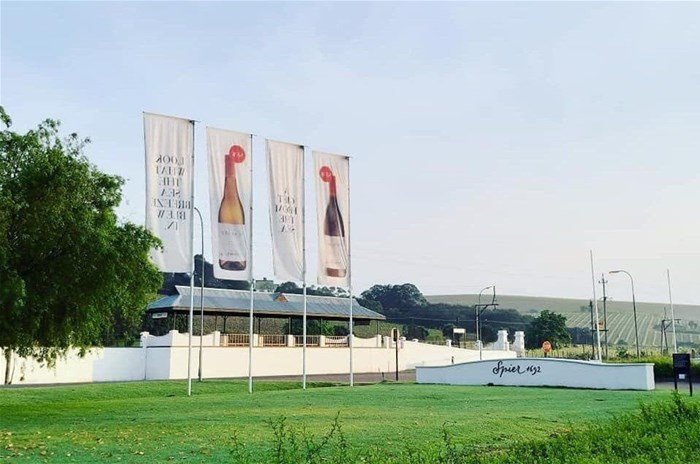
Top stories





EntrepreneurshipHow SMEs can build AI-ready businesses starting with the right technology foundation
Sudesh Pillay, WhyMAcForSME 16 minutes

More news























Logistics & Transport
Uganda plans new rail link to Tanzania for mineral export boost


The Spier Seaward, Creative Block, 21 Gables and Frans K Smit ranges will all bear the vegan-friendly seal from the 2019 vintage onwards for white wines, and the 2018 vintage onwards for reds. All six of the Spier wine ranges are set to receive accreditation in the future.
"This vegan certification not only demonstrates our commitment to a greener, animal-friendly future; it also means that vegan drinkers can now enjoy our wines," says Frans K. Smit, Spier’s Cellar Master. "The certification of these four ranges is an important first step and represents a significant percentage of the wines we offer. This does not affect the taste of the wines in any way, and we intend to have the rest of our wines vegan standard-accredited in the coming years."
Veganism is a growing trend globally for various reasons; these include carbon footprint reduction and the prevention of animals’ exploitation and suffering.
"Trustworthiness and credibility of certain claims – vegan in this instance – through independent auditing and certification is of paramount importance," explains Jordi Meijer, the managing director (South Africa) of Control Union, an international certification and inspection company with operations in over 70 countries. "When they see the Control Union Vegan Standard seal, vegans can be confident that they are buying something that aligns with their ideals."
In order to make wines clear and bright, many wineries use animal-derived fining agents. The most popular of these are casein (a milk protein), albumin (egg whites), gelatin (animal protein) and isinglass (fish bladder protein). During the winemaking process, harmless organic particles that make the wine cloudy (including protein and yeast molecules) become attached to the fining agent and sink, making it easy for them to be removed – and for the wine to become clear. Because tiny traces of the fining agent may be absorbed into the wine, the wines that use animal-derived fining agents are not considered vegan.
Fortunately, there are non-animal alternatives – such as activated charcoal, bentonite or clay-based fining agents – which Spier is now using instead. In addition, Spier only uses vegan-friendly wine additives and cleaning materials.